Foundations of Community Health Worker
Enhance healthcare outcomes with community health worker training. Hone patient advocacy and health navigation skills in this online course to impact community health.
Earn your community health worker (CHW) certification online by taking and earning credit in all five courses, qualifying you to take the Colorado state exam. MSU Denver’s Community Health Worker Certificate will provide students with the knowledge and skills needed to fulfill established Colorado Community Health Worker Core/Professional Competencies in the field and practice of Community Health Workers.
The certificate includes five required courses and their respective CBEs (see below section) that align with the Colorado CHW Core/Professional Competencies. Students who complete the five courses will have demonstrated the acquisition of knowledge and skill in these identified competency areas. Students must maintain a “C” or better in all courses and a minimum GPA of 2.0 to earn the certificate.
The MSU Denver Community Health Worker Certificate program will be part of the Statewide CHW training structure, which will include a credentialing process. Upon completion of a credentialing exam, students may be entered into a statewide Community Health Worker Registry. For more information on this Statewide Community Health Worker structure, please visit the Colorado Department of Public Health & Environment (CDPHE), Community Health Worker Workforce website.
Enhance healthcare outcomes with community health worker training. Hone patient advocacy and health navigation skills in this online course to impact community health.
Strive for healthier communities by mastering public health principles with this online course.
Learn to perform advanced community health work, create community health resources, and more in an advanced community health worker online course.
This course will acquaint students with the processes, dynamics, and treatment of diseases with a special focus on chronic diseases. It also explores the psychosocial aspects of health.
Students will learn concepts and methods of community health improvement and the role of assessment with this addition to their online education.
Students can take one class, or combine all five to receive the Community Health Worker Certificate.
Each course costs $450, with a $35 transaction fee per payment.
For students choosing to convert a noncredit course to credit by taking a Credit-By-Exam (CBE), that fee is currently included in the cost of the course.
Students who take four training courses will get the fifth course for free. After savings, the cost of the entire program will be $1,800 (plus fees). If interested in taking advantage of this offer, contact Brandy Schooler at [email protected] or Andrea Pazos at [email protected] to receive the discount code.
No textbooks are required for any of the courses.
You will receive a certificate of completion and a digital badge after completing each individual course. Badges are embedded with the competencies learned and can be added to your resume, LinkedIn page, portfolio, or even shared with your current or future employer.
After you successfully complete and pass the CBE for all five training courses included in the Community Health Worker Training program (15 credits), you will receive the Community Health Worker Certificate and be eligible to complete CHW certification.
The only courses that need to be taken in order are the Foundations of Community Health Worker, and then the Advanced Community Health Worker course builds on that one. The suggested order of the courses is:
Semester 1:
• Foundations of Community Health Worker
• Principles of Public Health
• Community Health Survey, Assessment and Health Improvement Planning (launching spring 2026)
Semester 2:
• Advanced Community Health Worker
• Dynamics of Disease (launching spring 2026)
Each course takes four to eight weeks to complete. The CBE to convert the course to credit will take an additional four weeks.
The intention is for students to finish in 2-3 semesters, but actual timelines will vary by student.
No, students need to complete the CBEs to convert all of the courses to credit before sitting for the state exam.
Yes, in order to take the credit-bearing courses through MSU Denver, you must apply and be accepted as an MSU Denver student, and the costs are different for those courses than for other continuing education courses.
No, financial aid cannot be used for the self-paced online courses. If you choose to become an MSU Denver student and take the credit-bearing courses, you would be eligible for financial aid.
To convert a noncredit class to three credits, you will need to complete additional course modules successfully. These modules, or Credit-By-Exam (CBE), can be completed in the same semester you take the course. You will receive more information about the required steps once you are registered for the noncredit course.
Dr. Erin Seedorf has 20 years of experience in different professional roles in various public health settings (i.e., local public health, state public health, and academia). She joined the Department of Health Professions at Metropolitan State University of Denver in Fall 2010 as affiliate faculty. She now serves as Associate Professor, coordinating the MSU Denver Public Health Program.
Previously, she served as a program manager and evaluation specialist at the University of Colorado Denver.
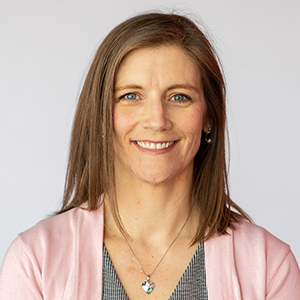
Allison Draayer, LCSW, is an MSU Denver faculty member with over 10 years of healthcare experience. She is originally from the Chicago area but moved to Denver in 2008. She has a degree in Communications from Calvin College in Michigan and received a master’s in social work from the University of Denver in 2014. Allison currently works as the Director of Community Care at a health center in Colorado. She is passionate about serving others and improving health care for the underserved.
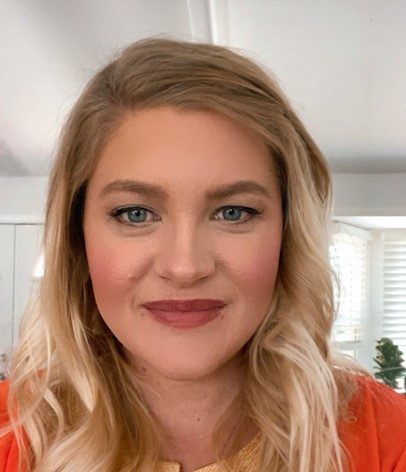
Shane Walker, MHA, was born and raised in Colorado. He enjoys doing typical Colorado activities such as snowboarding, fishing, and hiking and is an avid fan of the local sports teams.
He earned a Bachelor of Science degree from Colorado Mesa University in Kinesiology and Health Promotion in 2017. and a Master’s degree in Health Administration from MSU Denver in 2021. His thesis focused on what factors affected Colorado’s COVID-19 vaccine distribution strategy.
He previously served as a Community Relations Coordinator for Keystone Health and Wellness and now works for Children’s Hospital of Colorado as a Physician Relations Representative.
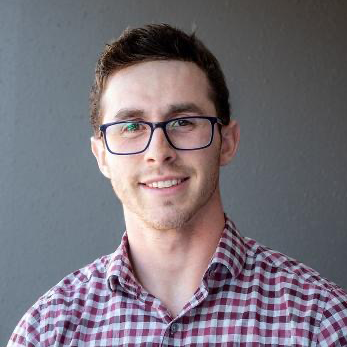
Dr. Banks has over 20 years of experience in the healthcare sector as an operational leader and expert in quality and performance improvement. Currently, she is a Senior Director at DaVita, where she leads a national performance improvement team that supports independent nephrology practices as they transition to value-based care. Before joining DaVita, Dr. Banks worked at Kaiser Permanente for 13 years in various leadership capacities, including population health, primary and specialty care operations, and health services research. Kristin holds a Doctorate of Public Health from the University of Colorado, a Master of Public Health from Boston University, and a Black Belt in Process Improvement.
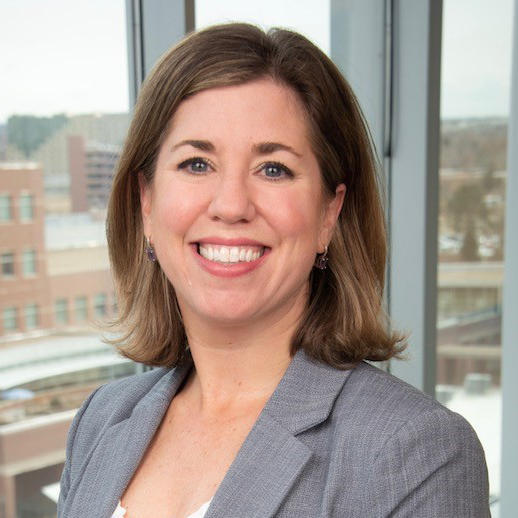
Dr. Paris Prestridge ND is an Assistant Professor in the Health Professions department at Metropolitan State University of Denver. She teaches various courses the Lifestyle Medicine and Integrative Health Care, including Dimensions of Wellness, Medical Terminology, Women’s Holistic Health, Dynamics of Disease and Dynamics of Health. Professionally she has remained active in her vocation for the last 10 years treating patients as a practicing Naturopathic Doctor. As a Naturopathic Doctor she approaches healthcare from the perspective of identifying and treating the cause, the healing power of nature, and treating the whole person with a focus on disease prevention. Recently she became a National Board-Certified Health and Wellness Coach to support her patients into cultivating a more fulfilling life. She has a robust background in approaching health from a multidimensional perspective, considering the need to treat beyond physical ailments. It is this paradigm that drives her research into modalities that reflect on the significance of wellness from a holistic assessment.
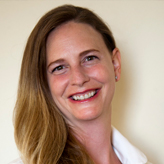
Dr. Garvita Thareja is an Associate Professor at the Department of Health Professions at Metropolitan State University of Denver. Her specialties include physical therapy rehabilitation, orthopedic rehabilitation, data analysis, data mining, health management and community health education in the broad area of public health. Prior to joining the Metropolitan State University of Denver, Garvita served as a statistical consultant and taught diverse healthcare courses at Middle Tennessee State University, while also pursuing her PhD. As a Public Health advocate, she participated in various community health needs assessments for counties in TN and CO and participated in the surveys as well as data analysis. As a physical therapist, she has served in the rehabilitation clinics in a variety of healthcare departments such as cardiac-thoracic, neurology and orthopedic departments. She also has assessed and treated various behavioral and developmental delays among children. In her present role, she serves as reviewer for various state, national and international level conference submissions, leads university and community wide professional committees as well as teach undergraduate and graduate students in healthcare management and public health programs. Bringing a diverse background, she believes in inter-professional activities and have experience working on cross professional projects.
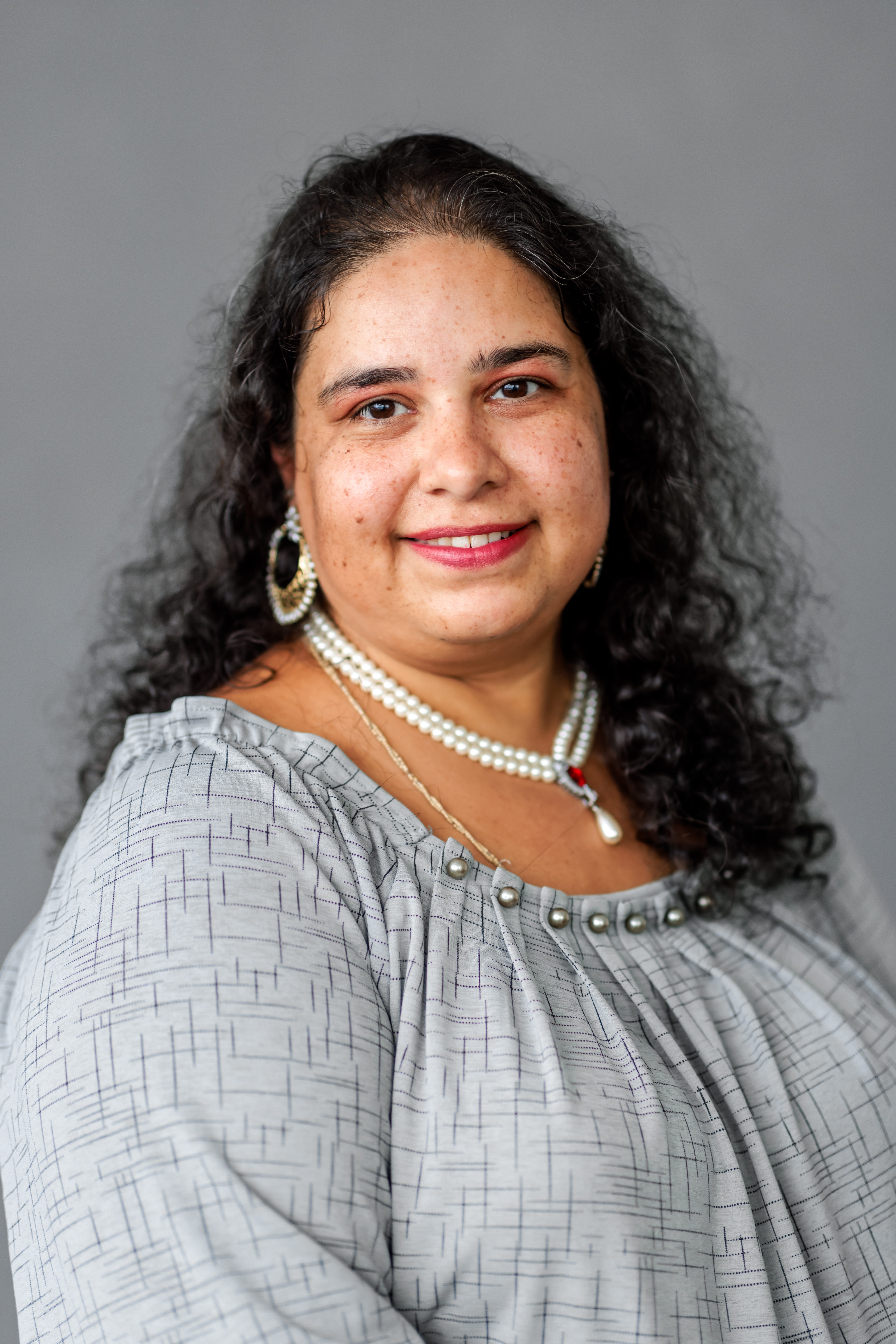
Please contact Brandy Schooler at 303-615-1234 or [email protected].
Phone: 303-615-1234
Office Location:
Jordan Student Success Building
3rd Floor – #330
Auraria Campus
Mailing Address:
MSU Denver
Innovative and Lifelong Learning
P.O. Box 173362
Campus Box 6
Denver, CO 80217-3362